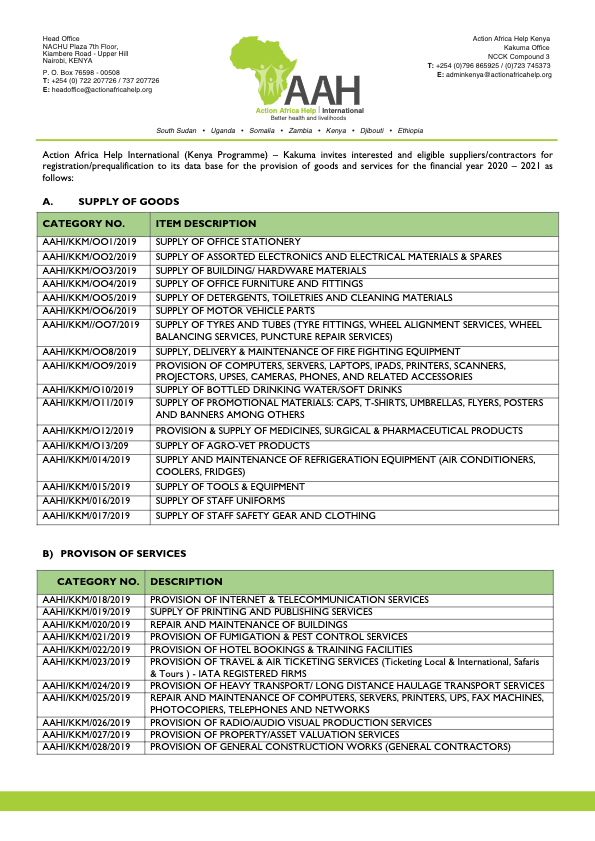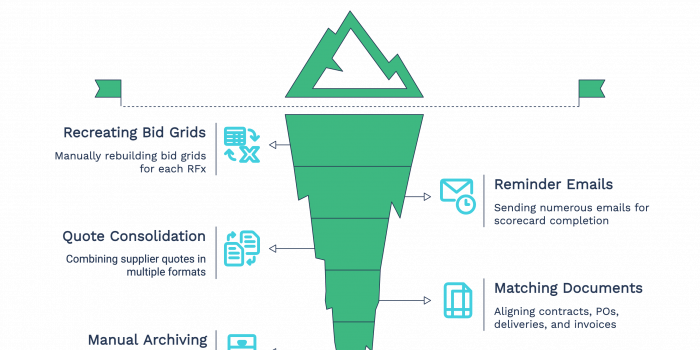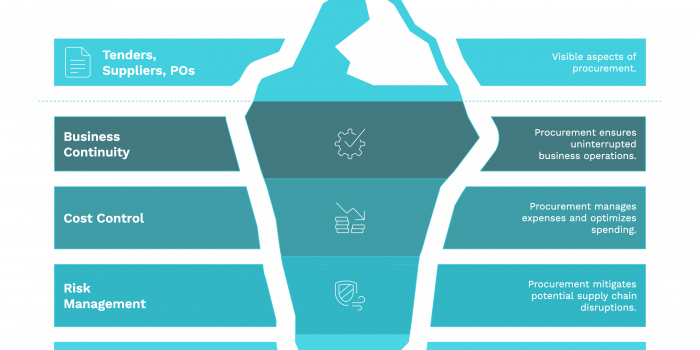Sourcing for Suppliers and Bidders in Public Procurement?
There are two important avenues through which public procurement entities does sourcing for suppliers and bidders..
Prequalification of Suppliers
Prequalification, also referred to as Registration of Suppliers may be considered a necessary step when doing sourcing for large or complex works or projects. This is a preliminary stage of the tendering process that is designed to produce a short-list of registered and compliant companies that would be capable of meeting the technical standards of the works or project, without regard to price considerations at this stage.
The sourcing for suppliers through a prequalification process takes into account the following:
- Experience and past performance on similar contracts;
- Capabilities with respect to construction and manufacturing facilities; and
- Financial position.
Once the list of prequalified suppliers is ready, the Procuring Entity then confines the tendering process only to these companies that have been prequalified. This list of prequalified companies is usually updated either annually or even two years by running a new call for prequalification.

RFx
What does RFx actually mean? In procurement, the acronym RFx means request for X, where X is a variable that stands in for different types of bids send to vendors. For example, RFX could stand for request for proposal (RFP), request for quotation (RFQ), request for information (RFI) and so on.
Procuring entities may produce standing lists of prequalified/ registered tenderers for supply of their requirements over the coming year. Those on a standing list may be offered an opportunity to tender or submit a quotation for requirements that arise during the year.
Some tender opportunities will be for framework contracts. These are contracts entered over a specified period, typically one to three years, and are used for goods and services that are required on a regular basis, such as office stationery, medical supplies, road maintenance, cleaning, guarding services etc. A framework contract may contain a Service Level Agreement, specifying the minimum standards which will have to be met for delivery of the services.
Other tender opportunities will be for the one-off supply of an item or service. Some requirements, particularly for high-value items or services, will be obtained through open tendering. All potential bidders, not only those on the prequalified supplier lists, may compete for open tenders, which are advertised by the procuring entity. Open competitive bidding can be national or international depending on the goods, works or services being procured. Potential bidders are allowed a minimum of 21 days to prepare and submit their bids (30 days for international tendering).
Open tendering is the Government of Kenya’s preferred method of procurement and sourcing for suppliers. However, alternative procurement procedures may be used in certain circumstances. These include:
- Restricted tendering, which may be used where suppliers have already been prequalified, where there are time or cost constraints, or where there are only a few known suppliers or the required goods, works or services;
- Direct procurement, which may be used where there is only one person or company that can supply the goods, works or services being procured, where there is no reasonable alternative, or in certain cases of urgent need;
- Request for proposals, which may be used for the procurement of services or a combination of goods and services that are advisory or otherwise of a predominantly intellectual nature, e.g. for consultancy services; and
- Request for quotations and low-value procurement procedures, which may be used for low-value procurements of goods, minor works or services that are readily available.
This article is part of the Public Procurement Guidelines for Bidders series








